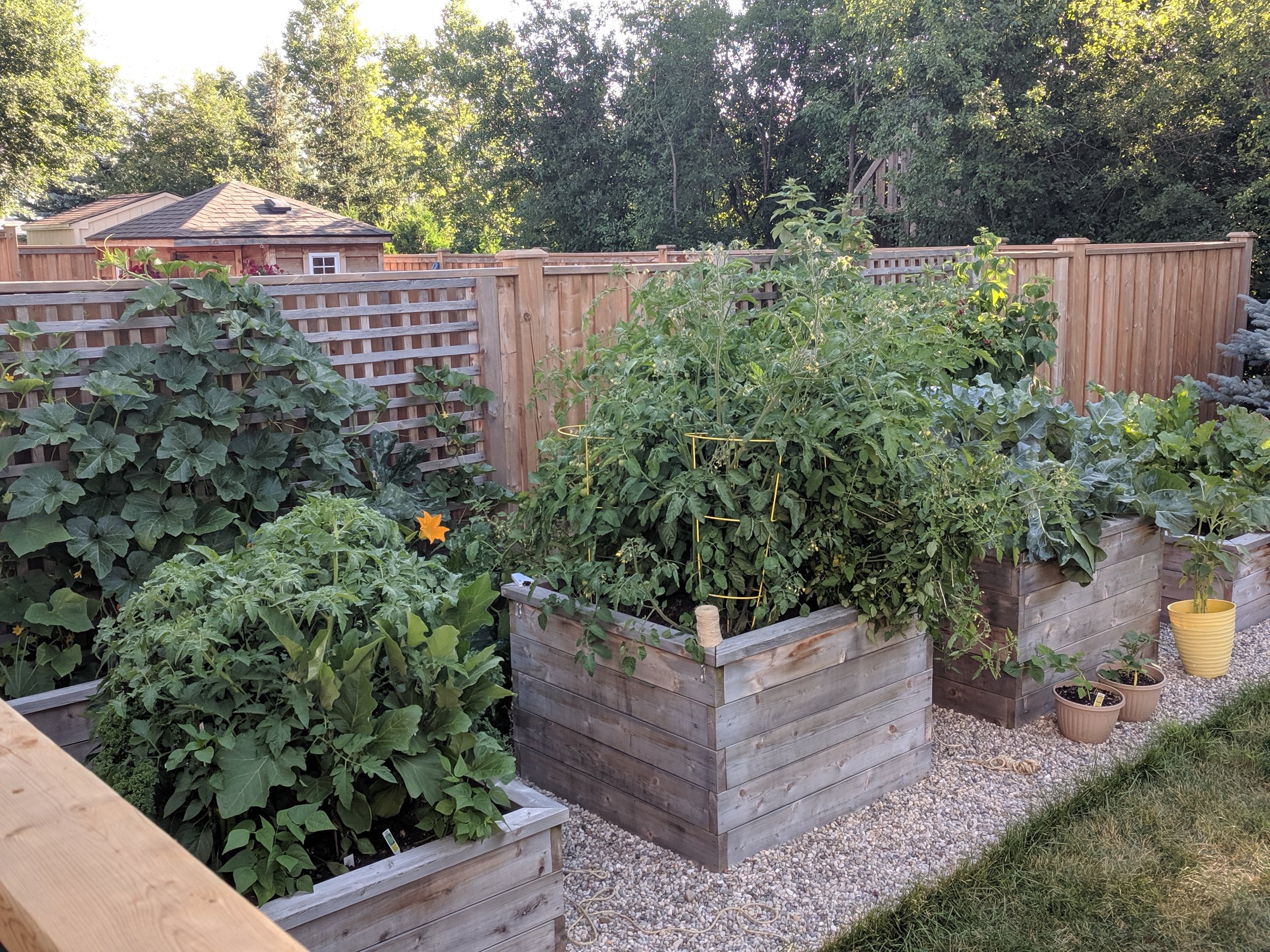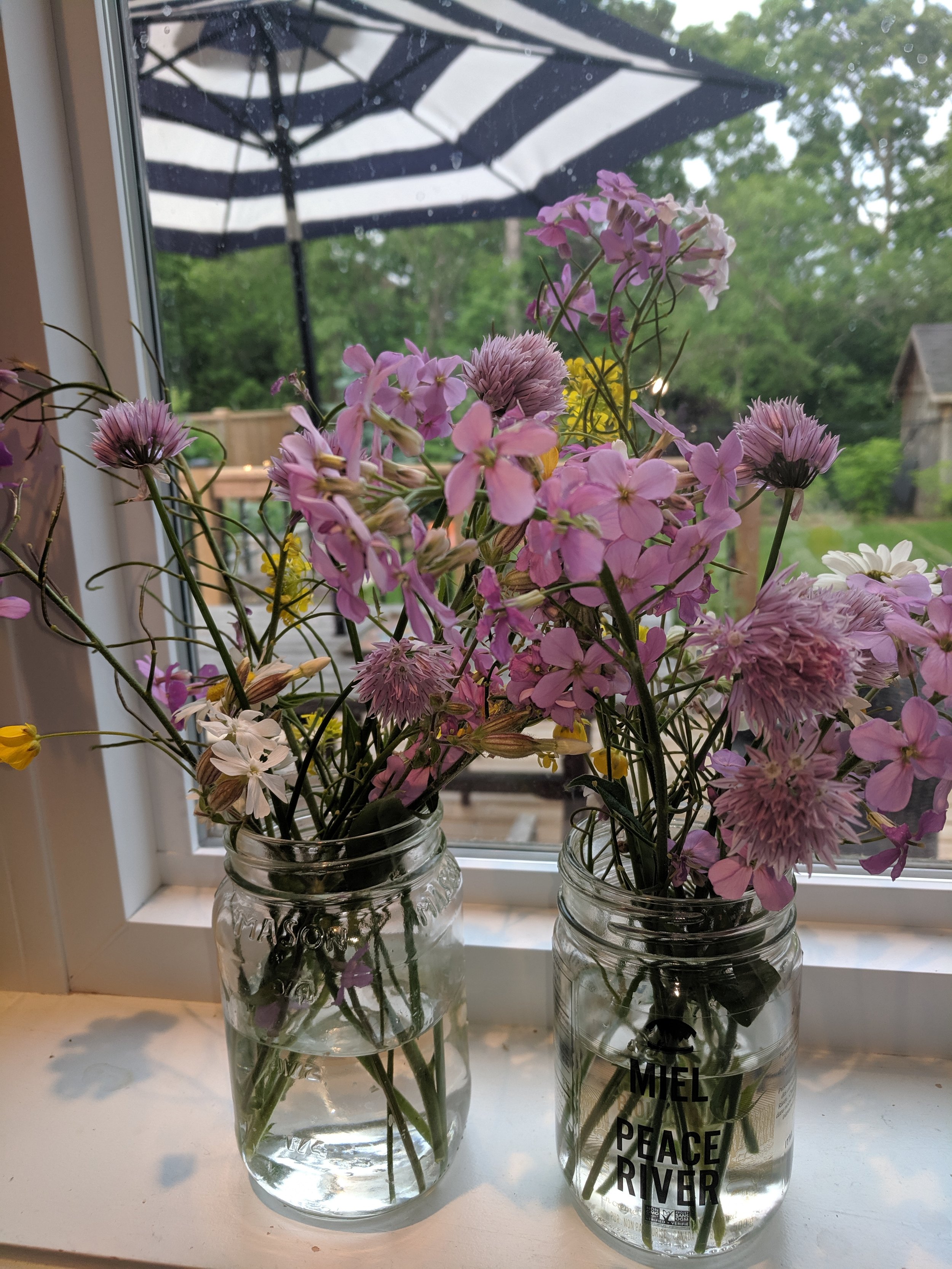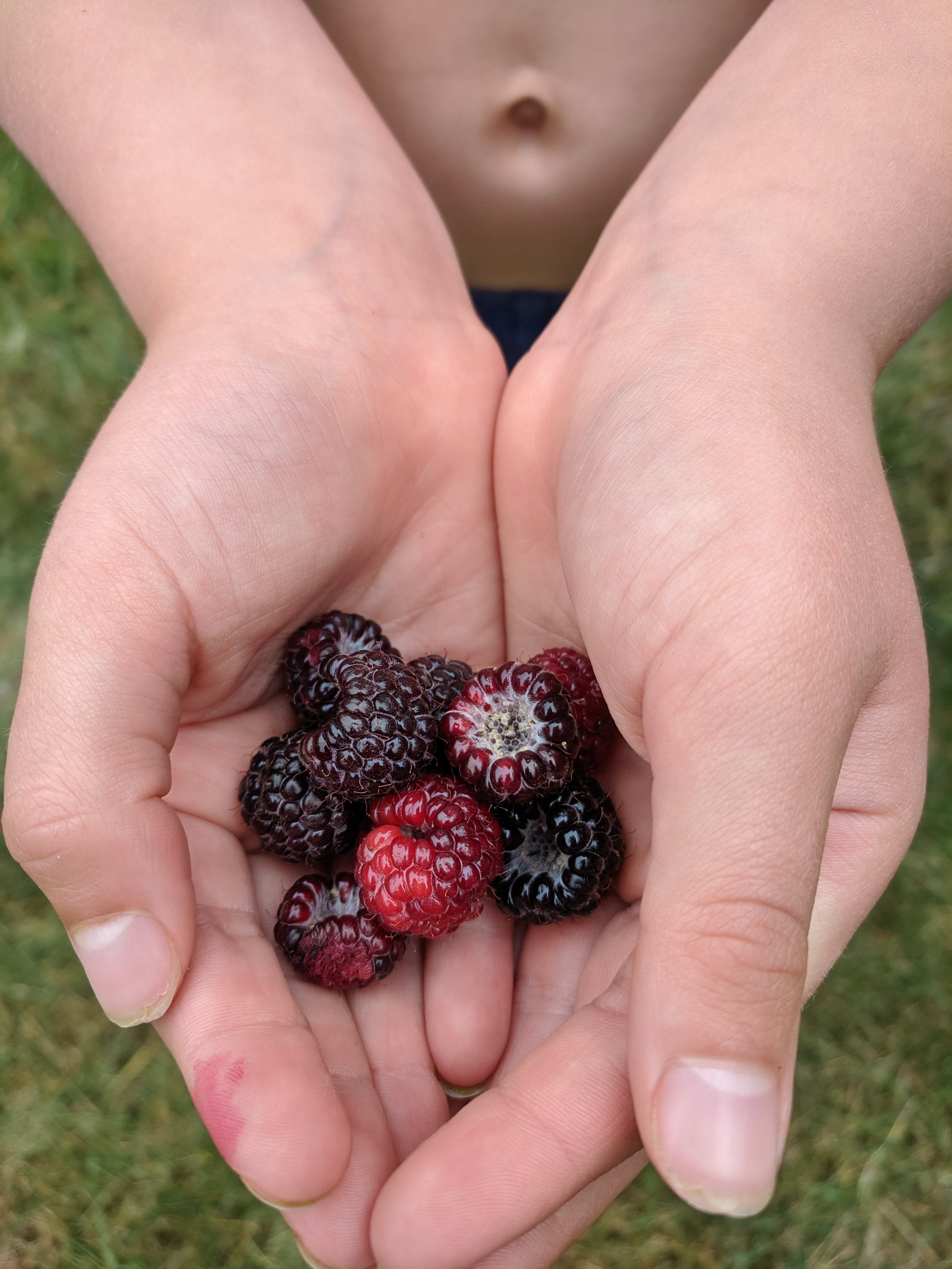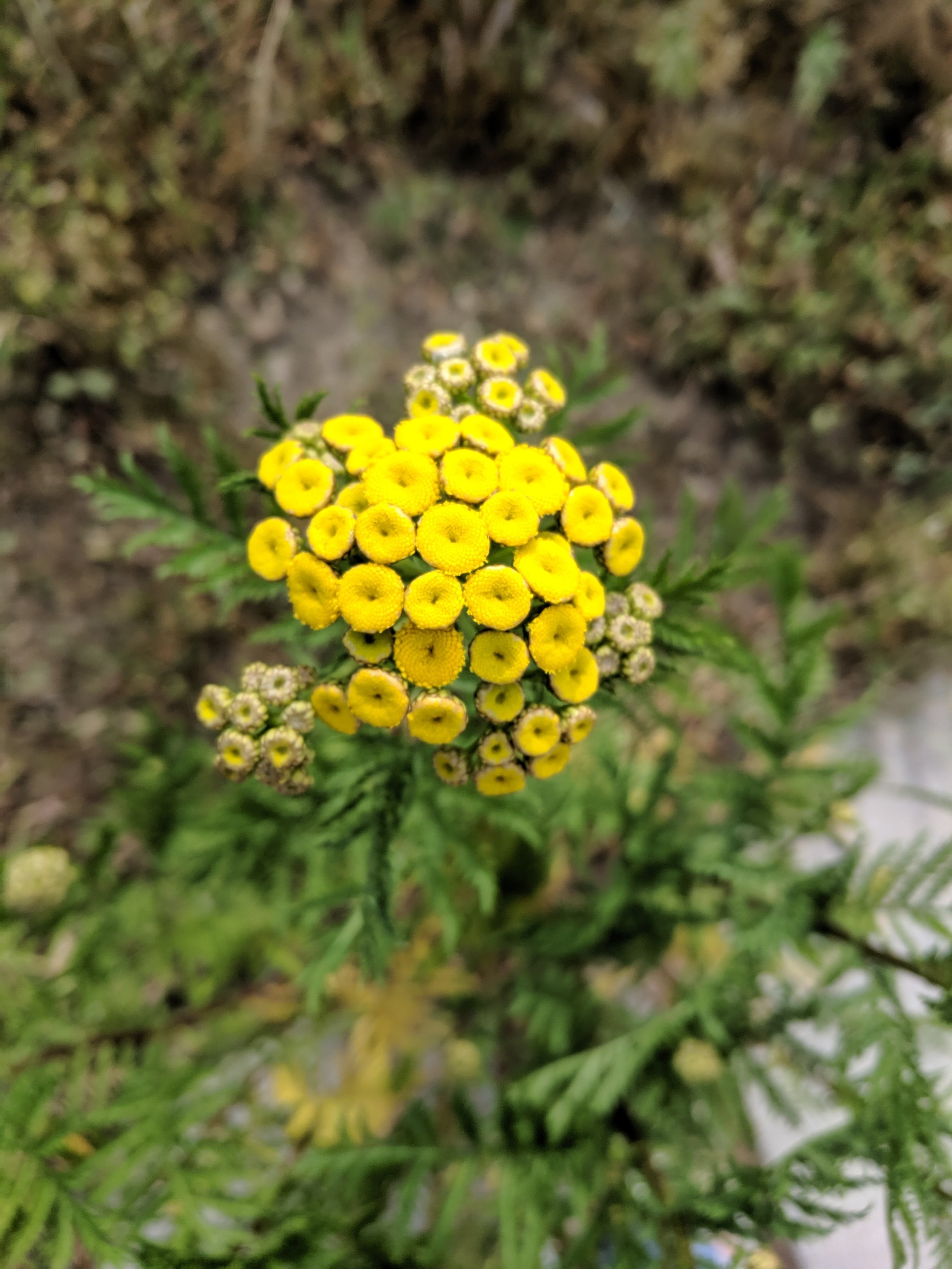Thoughts On Being an Agnostic Parent
For the past few mornings, I have sat down in the little love seat in our back yard with my coffee and my laptop, intending to write a post about my garden. Every time, within a few lines, I would start to slide off track. Instead of writing about gardening, I would find myself writing about God. So frustrating, but also not really that surprising. If you have recently taken the time to sit alone in a garden in the early morning without your phone, you might understand what I mean.
So it seems that, at least for the moment, my brain is more interested in talking to you about spirituality than about the blossom-end rot on my tomatoes, and I have decided not to fight it. In particular, I have been thinking a lot about how my identity as an agnostic person impacts how I parent. I will do my best not to get too Woo-woo on you, but I make no promises. If the thought of reading about the intersection of my spiritual and parenting practices makes you gag and roll your eyes, by all means, do go read one of my waffle recipes instead. I will not be offended.
I am sure you know what “agnostic” means, but in case you don’t, let’s start there. The Merriam-Webster dictionary defines an agnostic person as one “who holds the view that any ultimate reality (such as God) is unknown and probably unknowable, who is not committed to believing in either the existence or nonexistence of God or a god.” For me personally, it means that while I often find meaning, beauty, or emotional resonance in various religious texts and imagery, I refuse to express belief in any ideas or claims that I do not honestly believe to be true. I also do not, as a deeply held rule, care to question the faith of those around me, unless that faith is weaponized against others. So many of the people I love and respect engage in religious practice, and their faith serves to invest their lives with meaning and clarity. It makes them kinder and more resilient and more equiped to forgive. It makes them better. Who am I to question that?
Agnosticism has historically been criticized from many different sides, often on the grounds that it is some sort of cowardly refusal to pick a side, that it is passive, a bit of a cop out. This does not ring true for me. It is true that am not, as Merriam-Webster put it, “committed to believing in either the existence or the non-existence of God,” but I am committed to thinking hard about big questions despite the fact that it is likely that I will never be definitive answers to them. I see agnosticism as an active spiritual practice that involves pursuing the twin goals of more deeply reveling in the awesomeness of the physical world, and becoming ever-more ok with uncertainty and mystery. Both of these goals require conscious attention and real work, work that I have been engaged in some way or another since I was a very small girl asking very uncomfortable questions in Sunday school.
When I became a parent, I had to figure out how all of this would figure into how I would raise my children. I should say that we needed to figure this out, we being my husband and I. Honestly, I was full of a lot of big talk about how I would never lie to them, would never shy away from answering their difficult questions head on. I was kind of smug to tell you the truth.
And then Zoe learned to talk.
By the time she was two and a half, she was asking me mind-blowing questions like, “where was I before I was in your tummy? Or “when will be the last day, when there are no more days after that one?” Those questions both thrilled and terrified me. I found that my first instinct as her mother was to protect her heart, my own beliefs be damned. I ached to tell her that there would be no last day, that she and I and all the people she loves would go on forever. But then another part of me kicked in, and reminded me that in my heart I believe that she deserves the truth from us, and the truth is that I just don’t know. My third impulse was to be jealous all of the lucky religious parents who have clear and comforting answers to hand to their children. How dare they! Sometimes I wish so badly I could just convert to something--anything--so I could tell my kids that I know for sure there is a great plan, that everything happens for a reason. But that is not how I am built.
The older Zoe has gotten, the more we have come to understand that she is a deeply sensitive kid who is always wondering and questioning. Because of this, she tends to worry a lot and struggle with uncertainty. It is so tempting to use her tendency towards anxiety as an excuse to fall back on simple answers that I don’t really believe to be true. But ultimately, I don’t think that we are meant to protect our children from the world. Zoe is always going to be sensitive--it is one of her greatest gifts. It is my job to walk with her as she learns to cope with the world in all its messiness and uncertainty, to make sense of it on her own terms.
I don’t think there is any one right approach to talking to your kids about the big, scary stuff--religion, death, sex, and all that. There is so much trial and error involved. You just have to jump in and be prepared to course correct as you go. In the early days of my parenting life, I tended to panic and over explain, to offer detailed answers to questions that my kids had not even actually asked. Their foreheads would crinkle in confusion as I went on and on, their little eyes glazing over. Sometimes Zoe would actually say, “Can we not talk about this anymore?”
It has taken time, and a lot of awkward (on my end) conversations, but I have gotten much more comfortable about handling this part of parenting. Still not perfect, but better. I have learned that it is always OK to take a beat to think about what you want to tell them, that there is no need to rush. Sometimes I even ask them if it would be OK for me to think about their question for a day before I try to answer. There are a few phrases I keep in my back pocket that have worked well for us:
I can tell you what I believe, but remember that you get to decide for yourself what you believe, and you don’t need to decide right now.
Would you like me to talk to you about what different faiths have to say about that?
I have no idea what the answer is, but I think your question is so big and interesting! You are totally blowing my mind right now with your thinking!
I have also learned that it is best to let them take the lead. More often than not, I fall back to what do you think about that? Usually this is all they need from me. Other times, what they are looking for is a few facts and some quiet space to think them over.
I have come to believe that agnosticism is actually a sort of amazing place to parent from, for a whole bunch of reasons. For one, we live in a world where so many people are screaming at and over each other, adamant that they are right and others are wrong. It is so hard to connect with anyone under such conditions. Being able to model for my children a willingness to say “I don’t know” feels like such a valuable thing. To be agnostic means to say to people whose religious ideas are different than yours, “I might not share your beliefs, but I also do not dismiss them.” To be constantly searching for authentic knowledge and understanding involves cultivating a great deal of humility, because it means that you must be constantly ready to change your mind, to shift your thinking in response to new information, to be open to the fact that you might very well be wrong.
To be clear, I do not mean to imply that religious people are the ones doing all the screaming and carrying on. While it is easy to find examples of people of all faiths who mobilize their beliefs in shameful ways, to wound or isolate others, it is also perfectly possible to behave despicably as a non-believer. And certainly agnostics are not the only ones compelled to question or to be flexible in their thinking. I have known so many wonderful people—friends and teachers and colleagues —who struggle to reconcile their belief in science, reason, and social justice with the teachings of their faith. I am so awed at their willingness to dig in and wrestle with contradiction and conflicting interpretations of texts and ideas. They are independent thinkers who also value their traditions; they persevere in the hope of healing or moving their communities from within. That work is not for the faint of heart.
As I said in the beginning, agnosticism is, for me, also about focusing on what we can and do know, as much as what we can’t. I don’t see the material world as profane, or as less important than the spiritual world. I think that striving to better understand the physical world and our place in it is a sacred quest. Don’t get me wrong, I am constantly getting distracted by my phone, or my busy schedule, or my silly worries about how I look, but I do try to bring my focus back to what is actually going on around me. I try to really focus on the people in my life, to really see and hear them. And I am forever finding myself totally awe-struck by the insane beauty and complexity of the natural world. It sounds so cheesy--it is cheesy!-- but I watch documentaries about the ocean, or about astrophysics, and I sometimes cry. Or I think about how I plant a seed in my little garden, and I tend it, in collaboration with the sun, and the microbes in the soil, and the bees (THE BEES! don’t even get me started on the bees!), and the result is a tomato that my children can eat, which will actually become part of their bodies. It blows my gosh darn mind!
I often start panicking that I need to be more actively teaching my kids to think and see this way, and then I quickly remember that this is totally backwards thinking. Children are all about noticing very small things (bugs, weeds, the tiny hairs on their legs) and thinking about very big things (space, dinosaurs, god). They are already experts!
Last month Mae and I went for a walk and it took us two hours just to get to the top of the street, because she needed to stop and examine every single single of plant she came across, collecting samples in a little Tupperware container. I could feel myself getting hot and impatient, starting to nag at her to hurry up. I had to stop myself and ask, “What is the rush? You have nowhere to be. What the heck could be more important than getting down on your knees and helping her? So I did. And it was magical. The thing you need to know about Mae is that she notices everything; we sometimes call her Eagle Eye. That afternoon, crawling all over our neighbours’ lawns and in her little sundress, her hair slumped over in a lopsided ponytail, she commented on the shade and texture of every plant she found. She counted the number of petals on each type of flower, noticed where bugs had laid egg sacks on the backs of leaves. She pointed out where the husks of last years plants stuck out from among this years growth. See what I mean? She’s an expert!
I think a lot about the kind of humans I hope my girls grow up to be. I want them to be happy, of course, but I want so much more for them than that. I want them to be curious, and brave, and open-minded. I want them to think for themselves. In his 1927 essay “Why I am not a Christian,” the British philosopher Bertrand Russell implores his readers to “stand on their own two feet and look fair and square at the world with a fearless attitude and a free intelligence.” That phrase takes my breath away. It is what I believe my spiritual work to be. It is everything I want for my children, whatever their beliefs turn out to be.










